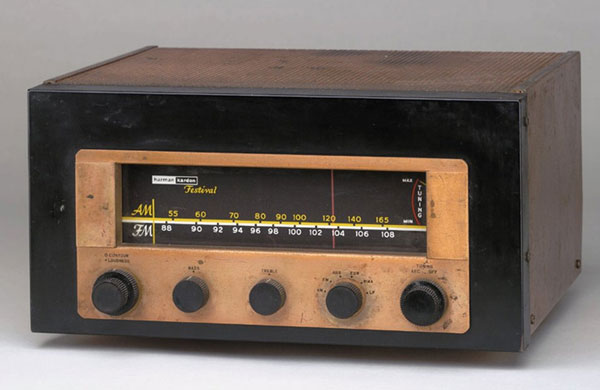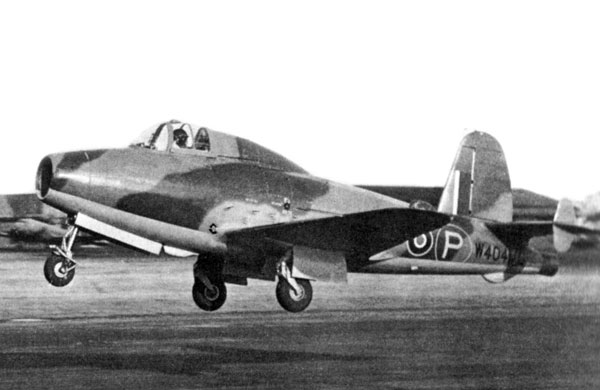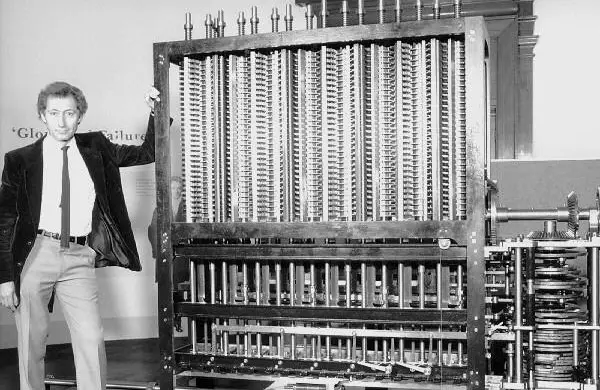Most of the developments today can be traced to some ingenious inventions of the British since the Industrial Revolution.
The Stereo
We would not be able to listen to music on our iPods if it were not for a British scientist named Alan Blumenlein. He invented the stereo and got the design patented in 1933. As luck would have it, he put the idea on the backburner to work on other important inventions such as HDTV and radar.
Photography
Thomas Wedgewood, a British genius, is the less-known inventor of modern photography based on chemicals. In 1802, he was the first one to obtain images of insect wings on a slice of leather coated with silver nitrate.
The Jet Engine
In 1930, Frank Whittle became the first one to obtain a patent for his design of a turbojet. It is true that people in other parts of the world such as Germany played an important role in developing the operational jet engine, but the contribution of Frank Whittle remains pioneering.
The Electric Motor
It is a matter of pride to know that the British scientist Michael Faraday invented the electric motor in 1821 that is an integral component of all modern machines. He was among the pioneers who found new application for electromagnetism.
The Computer
Life without the computer cannot be imagined. Although American companies like Microsoft and Google dominate the scene today, it was the British scientist Charles Babbage who developed an electronic computing machine in 1812.
The Tank
The first time the modern tanks appeared on the battlefield was in 1916 thanks to the efforts of the British Royal Navy. First launched in Somme, the tank became an icon of army combat and remains so till today.
The Radar
Robert Watson-Watt was the Scottish genius who developed the radar in 1935. He was the first to propose that radio waves could be transmitted to detect enemy war planes. The radar enables Britain to consolidate its position as a major military power during the period.
The iPod
Although the iPod has become synonymous with Apple, the patent for the design was first registered under the name of Kane Kramer, an unlucky British inventor, who could not find the necessary funding for developing the idea. The patent elapsed and was the design was developed further by Apple.
The light bulb
The American Thomas Edison is universally regarded as the father of the light bulb. However, it was Joseph Swann, a British inventor, who had successfully developed the idea in 1878. Upon this discovery, Edison had to forgo the patent that was awarded to him in 1879.
The Industrial Revolution
The Industrial Revolution is the progenitor of all the inventions discussed above. The British were the first to begin the transition from labour-intensive industries to machine-intensive industries. This revolution later on spread throughout Europe and the world.














